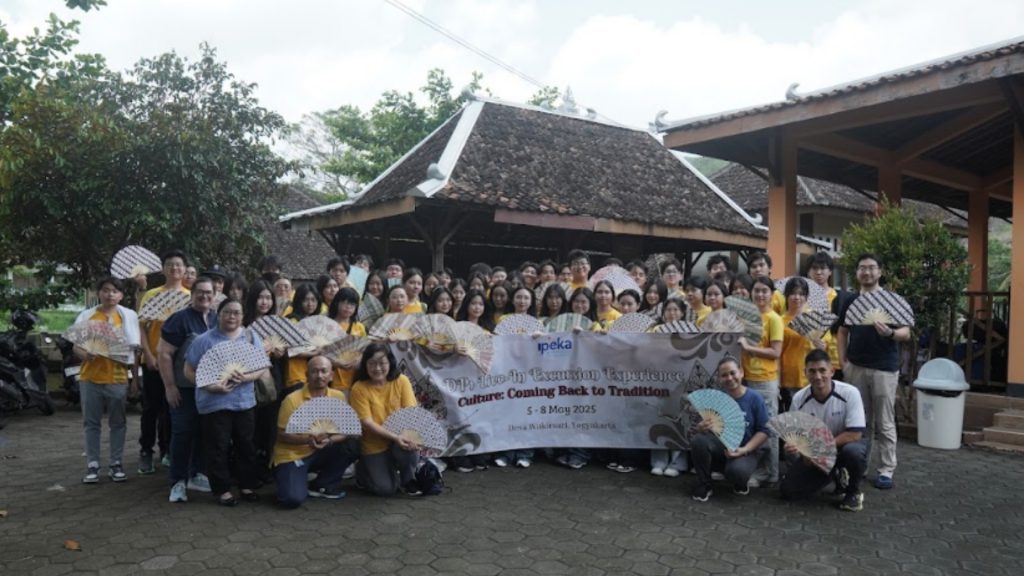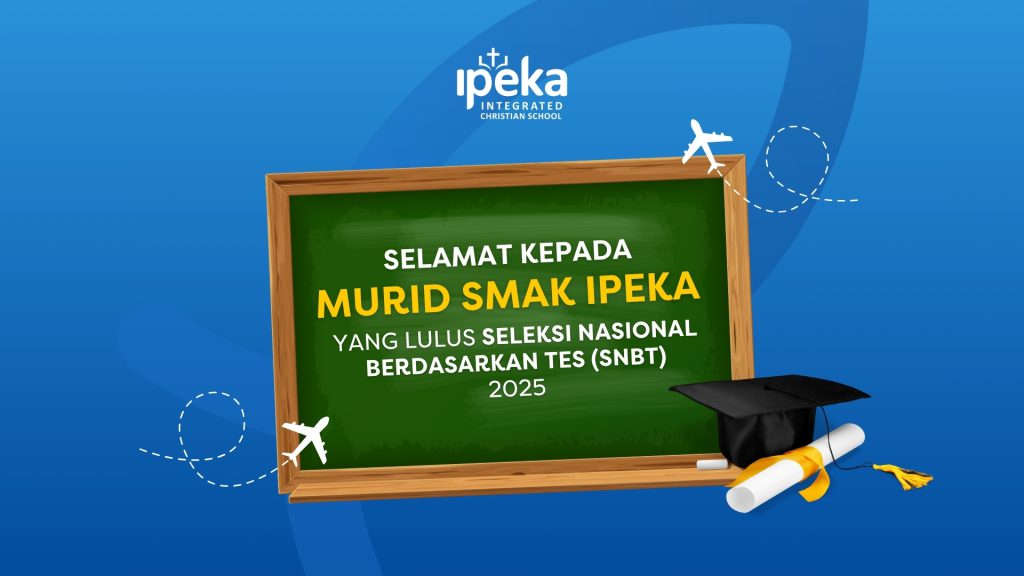If your child is procrastinating on homework or studying for a test, you might think that your child or teen is just being lazy. The truth is, there could be some other underlying reasons for your child to procrastinate, and it’s not necessarily due to ‘laziness’ — as we define laziness as the lack of interest in doing anything productive at all.
For whatever reason, though, procrastination isn’t always productive or good. Below are our tips and suggestions to help your child overcome this big hurdle that even we as adults can find quite challenging.

1. Procrastinating is normal and not shameful.
We also procrastinate as adults, yet we tell ourselves that it’s okay because we have so many excuses! If you think that your child should never procrastinate and find that it is a shameful behavior, you may need to evaluate this mindset, as it is a harmful thought.
Your child should learn to accept that while procrastinating is not an ideal behavior, it is something that can be dealt with without putting themselves under pressure or stress.
2. Find a quick fix first
Procrastinating may be one symptom of stress, anxiety, or even depression. It is important to keep tabs with your child and talk to him or her with compassion. Stress, anxiety and depression are problems that can’t be solved within minutes. But there are ways to ‘trick’ the brain to make small steps towards being a little productive, for a little while.
The two quick fixes that we recommend are the Two Minute Rule and the Bare Minimum Rule.
The Two Minute rule
The principle behind the Two Minute rule is simple. All your child has to do is to spend 2 minutes on the task. This tactic has a high chance of getting your child to get back on track and eventually complete their work. It works because sometimes, starting something is much harder than finishing something. It will work wonders if your child is someone who likes to see unfinished tasks done.
The Bare Minimum rule
The Bare Minimum rule disregards the time it takes to do work. Sometimes procrastination happens because your child is overwhelmed by the amount of tasks at hand. What they should do is to break down a big project into small steps. These steps must be so easy and quick to do that “even a toddler can do it”. For example, to finish writing an essay, a student needs to sit down and open their word processor. Then he must type down one word, the next word, and so on.
This tactic works because for some other people, finishing something is much harder than starting something. Taking inspiration from Lao Tzu’s quote; a thousand steps may seem a lot to take, but a single easy step done a thousand times is achievable.
About IPEKA Christian School
At IPEKA Christian School we believe that hard work is a great virtue to have, but we also believe that students must recognize that even though they are not perfect, they are loved and deserve compassion. God in all His grace loves the imperfect world, and rather than punishing His people, He allows them to stumble and learn from their mistakes.
Learn more about IPEKA with us.





